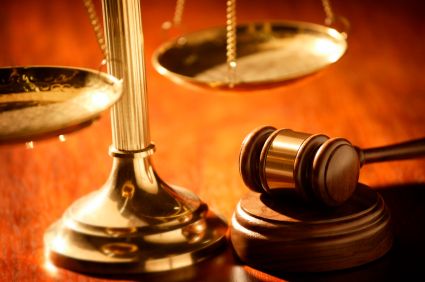ABCNews.com
by Matthew Perrone AP Health Wire, March 10, 2011

Thursday's deal is the second multimillion-dollar Seroquel settlement brought by government prosecutors in the past two years. Last April AstraZeneca agreed to pay $520 million to settle similar allegations brought by the federal Department of Justice.
AstraZeneca will pay $68.5 million as part of a multistate settlement over allegations that the drug developer promoted its blockbuster psychiatric drug Seroquel for insomnia, Alzheimer’s and other unapproved uses.
The New Jersey Attorney General’s Office announced the agreement Thursday, describing it as the largest multistate pharmaceutical settlement of its kind. New Jersey will receive $1.85 million from the deal with 36 other states and the District of Columbia as party to the settlement.
The states alleged that salespeople for AstraZeneca promoted its anti-psychotic Seroquel for off-label, or unapproved uses, and did not disclose side effects of the pill, which include weight gain and muscle spasms.
“Consumers rightfully expect pharmaceutical companies to engage in responsible marketing efforts that are consistent with approved purposes,” said Thomas Calcagni, acting director of New Jersey’s division of consumer affairs.
Seroquel is approved to treat schizophrenia, bipolar disorder and depression, though the majority prescriptions are for off-label uses like insomnia. The drug, approved in 1997, is AstraZeneca’s second-best-selling product, with U.S. sales of $5.3 billion last year. But that success has been marred by frequent allegations that the company illegally marketed the drug and downplayed its risks.
Seroquel’s side effects, including blood sugar increases, weight gain and uncontrollable muscle spasms, have resulted in thousands of lawsuits from patients. The drugmaker had settled nearly 25,000 personal injury lawsuits related to Seroquel at the end of 2010, with 3,950 remaining.
Pharmaceutical companies are prohibited from marketing drugs for unapproved uses, though doctors are free to prescribe them as they choose.
London-based AstraZeneca denied any wrongdoing.
“While we deny the allegations, AstraZeneca believes it is important to bring these matters to a close and move forward with our business of providing medicines to patients,” said company spokesman Tony Jewell, in a statement.
Thursday’s deal is the second multimillion-dollar Seroquel settlement brought by government prosecutors in the past two years. Last April AstraZeneca agreed to pay $520 million to settle similar allegations brought by the federal Department of Justice.
The new settlement stemmed from a separate three-year investigation led by the Attorney General of New Jersey. As part of the agreement AstraZeneca must publish any gifts or payments to physicians on a public website. The company also agreed to make sure that payment incentives to sales representatives do not encourage off-label promotion.
Allegations of off-label drug marketing have become increasingly common in the past decade, with the drug industry eclipsing all others as the source of fraud-related settlements with the federal government. Approximately 80 percent of the $3.1 billion in penalties collected last fiscal year by the government came from the health care sector, including drugmakers, insurers and hospitals, according to Taxpayers Against Fraud.


SHARE YOUR STORY/COMMENT